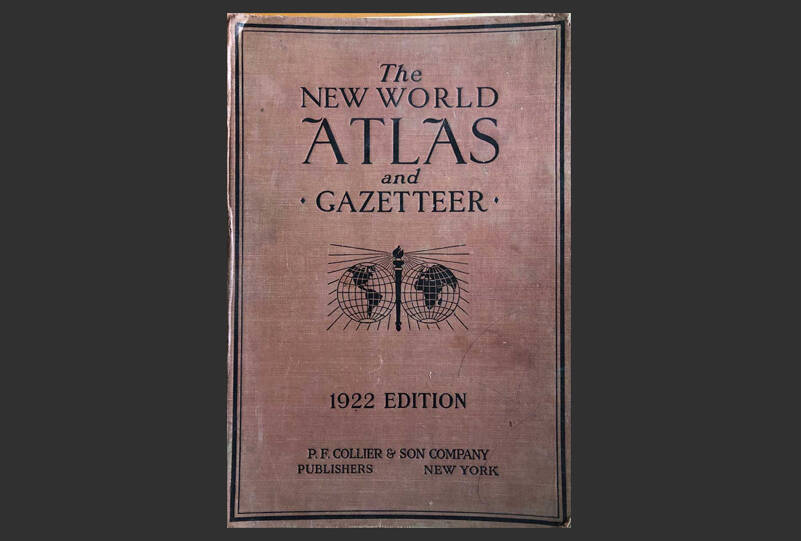By Morf Morford, Tacoma Daily Index
It would be easy to make the argument that human beings are the one species with a monopoly on self-delusion and self-destruction.
Back in 1735, researcher Carl Linnaeus coined the term Homo sapien to define all of us human beings. We were defined, Linnaeus seemed to believe, by our “wisdom”.
I’m not convinced that an objective observer would use that particular descriptor in our current era.
The best teachers, it has been noted, are those who love learning, and who want to convey the love of learning, far beyond any individual academic subject area, to as many as possible.
True learning is, of course, never finished. For far too many though, it seems to be a journey rarely, if ever, even begun.
I’ve never been a big fan of monarchies and political dynasties, but one thing previous generations did better that we seem to do is the grooming of upcoming generations for leadership across government and industry.
We, in our much vaunted “We the people” definition of a democratic republic, seem much more interested in electing those who reflect (or at least pretend to) our preferences and biases – far more than those with actual knowledge and administrative competence.
The government you elect is the government you deserve. -Thomas Jefferson
We seem to be in an era of inhabiting the residue of overwhelmingly bad, if not terrible decisions. And, not only do we not learn from them, we seem to keep making increasingly worse ones.
A key question raised in the recent film Oppenheimer is “Can we put the genie back in the bottle?” Oppenheimer, of course, referred to the development, use and continuing threat of city, if not civilization, level of destruction due to nuclear weapons. Their destructiveness has only grown since 1945.
The good news is that nuclear weapons have not been used since 1945. The bad news is that we have been on the verge of using them multiple times since then, and of course, as most of us know, and many of us deliberately forget, they could be used on just a few minutes notice. And the weapons of today are vastly more destructive than weapons of a couple generations ago. And more nations have them.
Putting the genie back in the bottle
The nuclear weapons dilemma is an apt metaphor for our times. From climate change to AI (Artificial Intelligence) to vindictive and polarized (and paralyzed) politics, we seem to be surrounded by problems of our own making – and that we of each generation and political persuasion seem only capable of making worse.
AI is not the end of humanity, but it points in that direction
Like nuclear weapons, AI has taken us into a world with new rules, guidelines, promises and threats. Who of us expected to see widely occurring wrongful arrests, expanding surveillance (often from our own devices) and deep-fake pornography (and political campaigns) as a key element of our daily lives? For better or worse, these are all actually existing dangers of so-called “artificial intelligence” tools currently available (and affordable) on the market.
Like every tool, AI (and nuclear weapons) only reflect, and amplify, our thinking, physical capacity, and, all too often our biases. In essence, these (and many other) tools only do what we would do if we had the power to. But instead of amplifying our reach, these innovations all too often threaten to replace if not eliminate every trace of our humanity.
AI has become the equivalent of a vast Magic 8 Ball, fortune cookie or Mad-Lib experiment where statements, or essays, or medical diagnoses or legal opinions are spit out. And some of us trust them.
It seemed like a good idea at the time
In short, one generation’s “great idea” is the next generation’s mess to clean up. If they can.
One of the burning (sometimes literally) questions of our time is, “how serious does a problem need to get before we do anything about it? The obvious, (and not very “wise”) answer seems to be “when it becomes overwhelming and affects nearly everyone”. And when it becomes too massive, expensive and complicated to deal with.
Bad decisions”R” more than us
Bad decisions, with almost immediate deleterious effects, are not limited to our borders.
Russia’s invasion of Ukraine will be seen as an all-too obvious avoidable disaster for Russia. With a multitude of long term consequences.
And Brexit, with its ever widening repercussions, keeps on sprouting ever more negative complications, from lowering the standard of living (and raising the cost of living) for the average Briton to inspiring Britain’s Orkney Islands, an archipelago about 10 miles off the north coast of Scotland, to consider “alternative forms of governance” which could include leaving the United Kingdom and becoming part of Norway (and the European Union). Orkney, with a population of about 22,000 people, was considering its future after being financially neglected by the British government for years.
The UK has the highest rate of inflation of the G7 countries for 2020-2022, pushing the typical British citizen to the poverty rate of one of America’s poorest states.
According to one recent survey, 81% of young people thought Brexit was a mistake. You can see an analysis of the generational impacts of Brexit here.
From developing nuclear weapons, to not responding to climate change, to Brexit, to tolerating the highest murder rate in the world, to closing libraries because one citizen didn’t like some books, future generations will wonder what we were thinking about that was so much more important than the common good or the coming generations.






